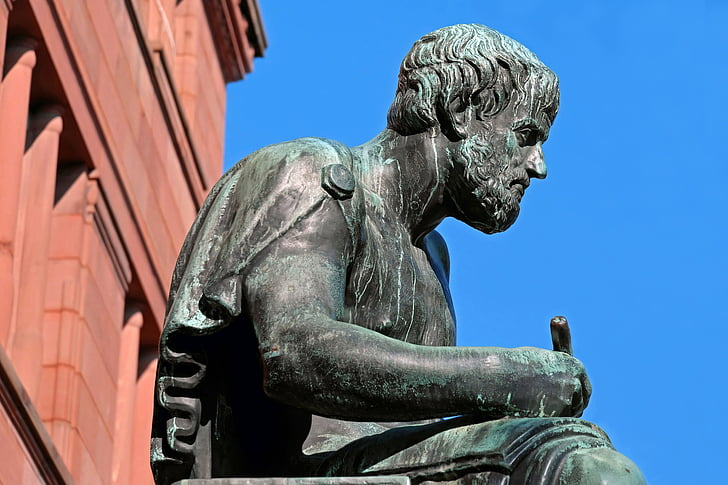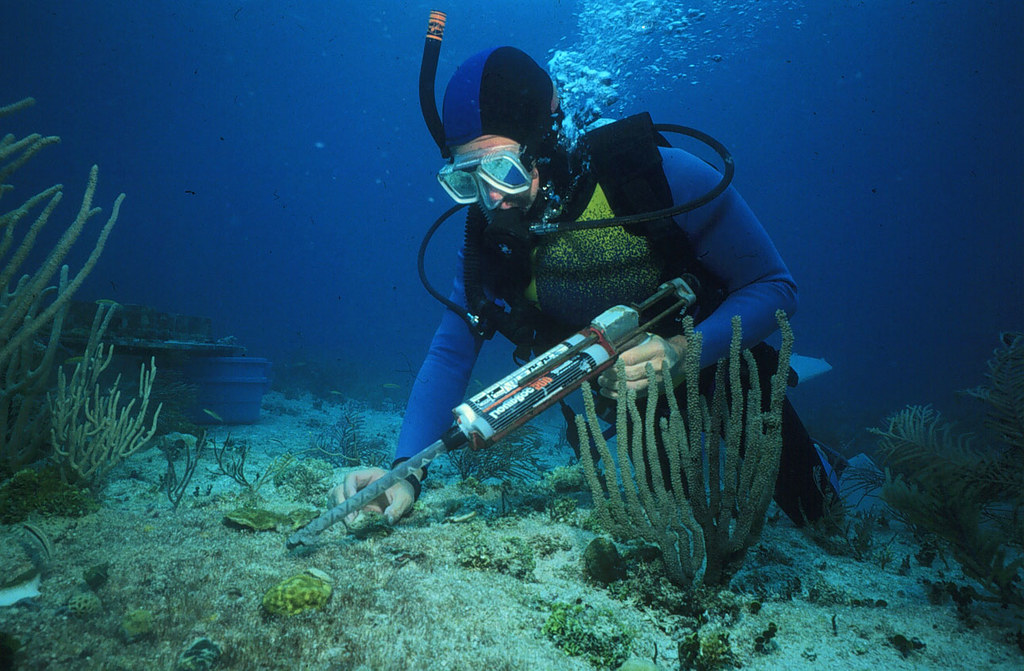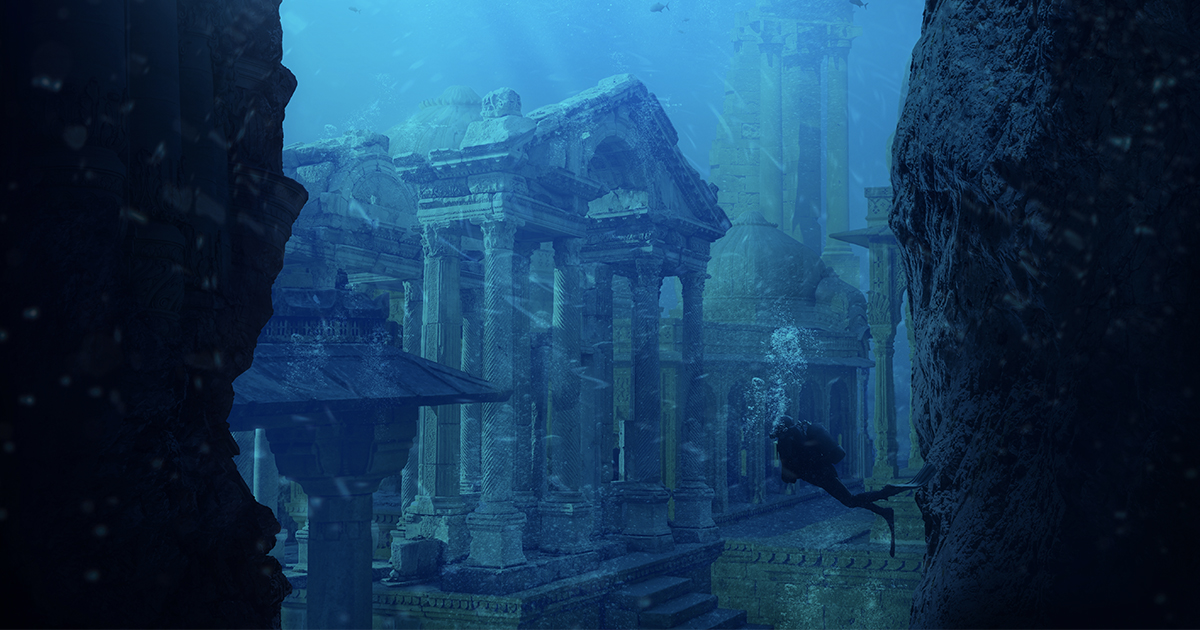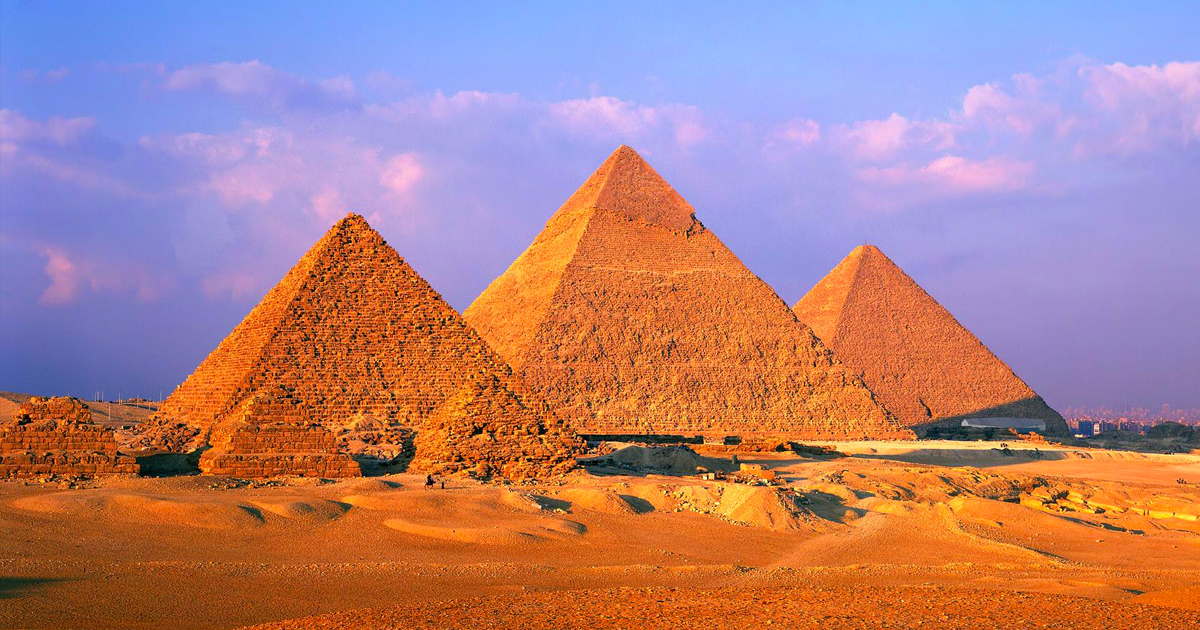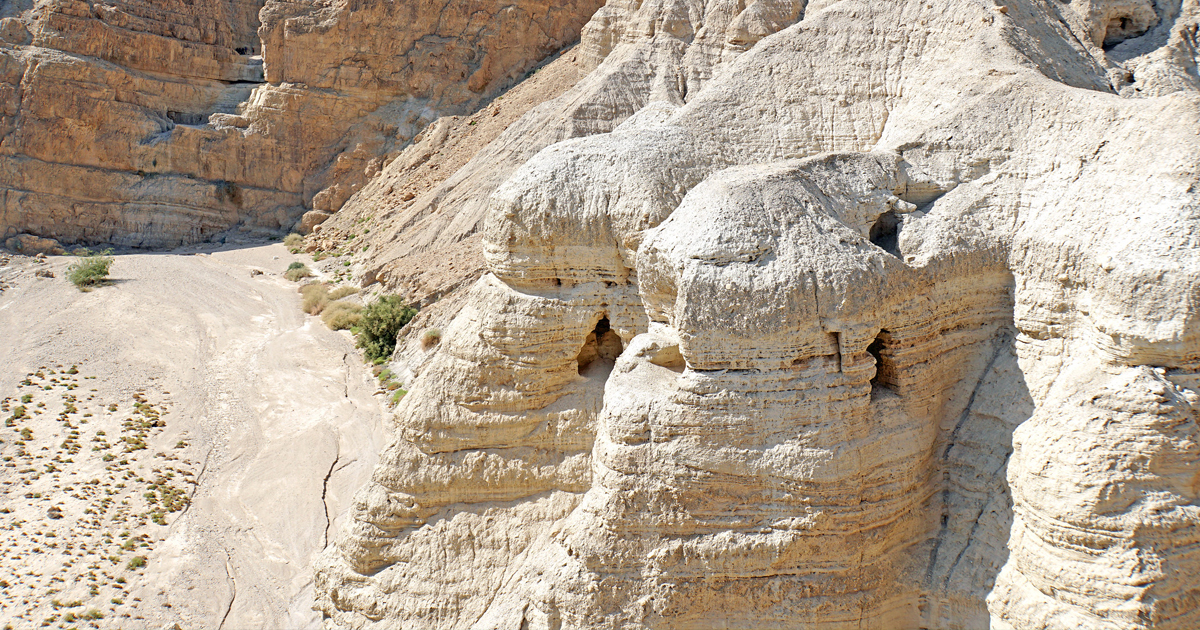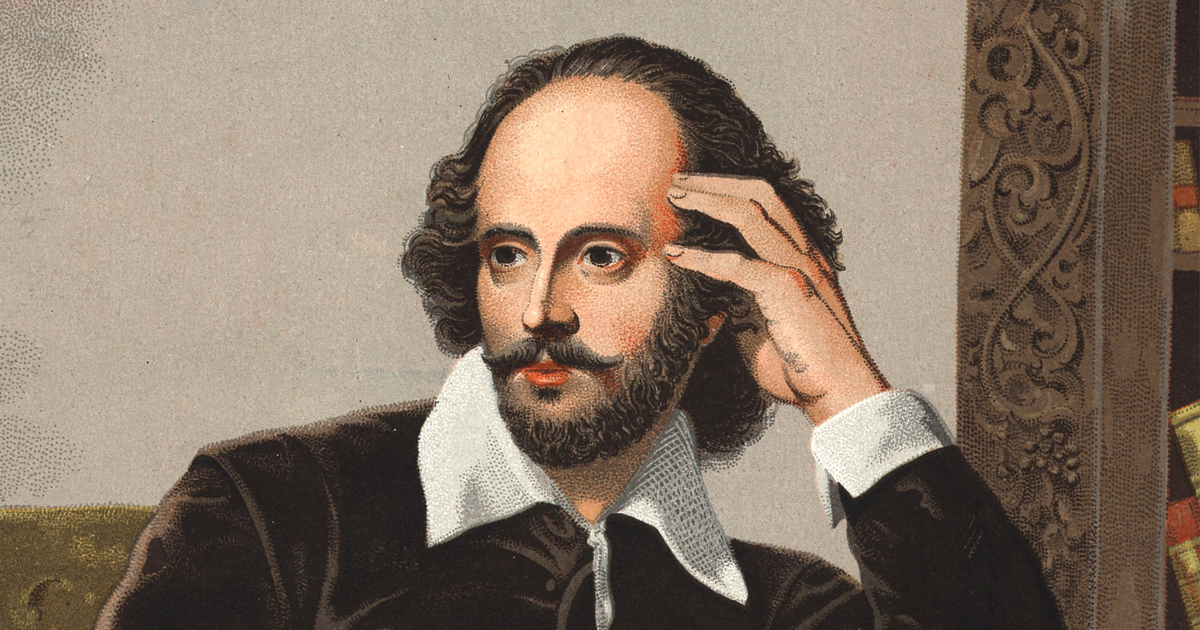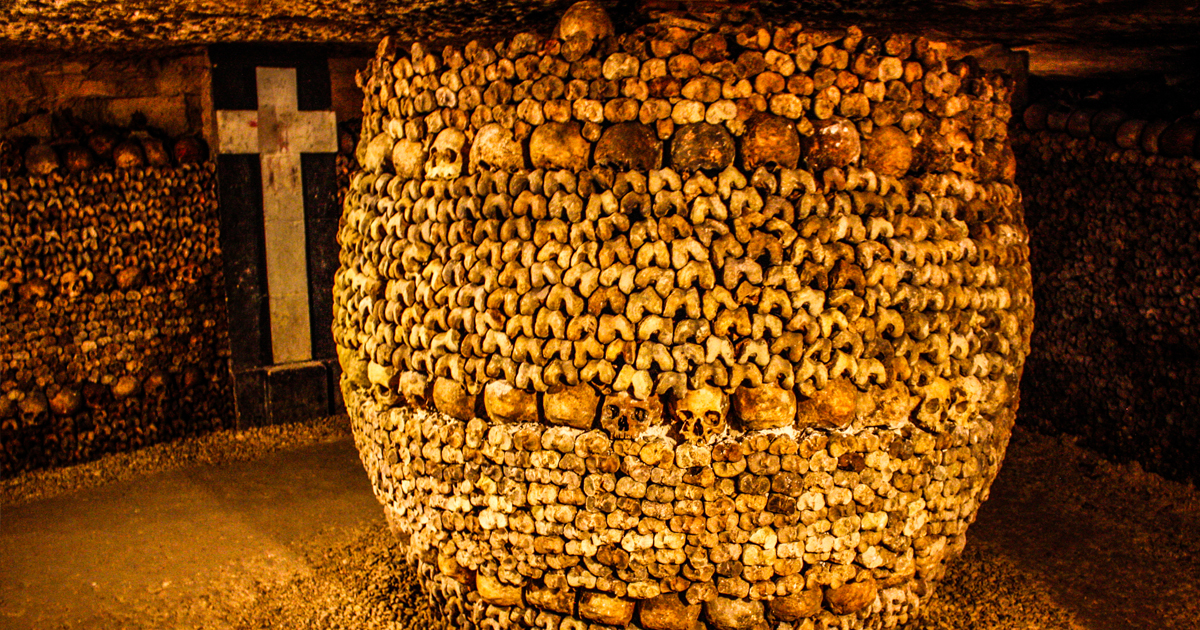Considered by many to be the greatest philosopher in history, Aristotle made significant discoveries in a variety of scientific disciplines, including biology. While Aristotle's philosophical works like "Metaphysics" and "Nicomachean Ethics" are widely recognized, his revolutionary findings in marine biology are often overlooked. The Greek polymath's deep fascination for natural phenomena made him the first marine biologist in history, laying the foundation for generations to come to learn the secrets of the sea.
Aristotle was curious about ocean life
Hailing from Stagira, a Greek settlement in 384 BCE Macedonia, Aristotle studied under Plato and then served as Alexander the Great's teacher. His strong curiosity about the natural world crossed over the domains of politics, philosophy, and ethics. Aristotle's revolutionary contributions to the study of marine life were made possible by his methodical approach to observation and analysis.
Beyond the terrestrial world, Aristotle became obsessed with life under the sea. He meticulously studied marine life while exploring the Aegean Sea's beaches during his long trips. He compiled findings on the anatomy, behavior, and classification of many organisms, including aquatic species, in his work "Historia Animalium" (History of Animals).
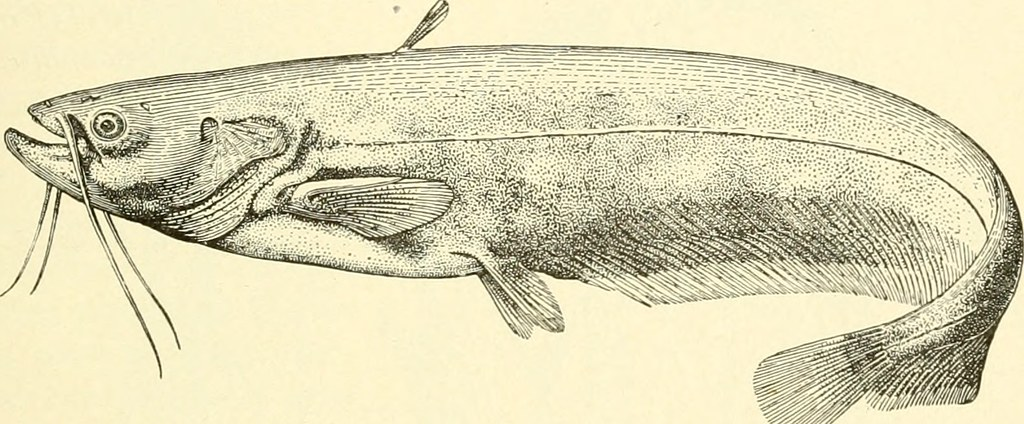 Internet Archive Book Images | Flickr
Internet Archive Book Images | Flickr
A taxonomic genius even before Linnaeus
Aristotle's early efforts at taxonomy and categorization were among his greatest contributions to marine biology.
By cataloging marine organisms according to their features in "Historia Animalium," he laid the groundwork for today's taxonomic system. Even though Aristotle's classifications seem simplistic in modern terms, they established the foundation for succeeding ecologists and biologists.
Aristotle gained insight into the behaviors and ecological roles of aquatic organisms through his careful study of them.
He particularly investigated the anatomical features of fish, crustaceans, and cephalopods. His research on fish reproduction demonstrated his dedication to understanding the intricate workings of ocean life.
An immeasurable and lasting impact
Aristotle's groundbreaking work in marine biology cleared the way for future scientific generations, despite several errors and misinterpretations in his research.
His written works had an impact on Islamic Golden Age thinkers like Al-Ḥasan Ibn al-Haytham and Al-Razi, as well as subsequent philosophers like Pliny the Elder and Galen. Throughout the Middle Ages and the Renaissance, Aristotle's contributions to marine biology persevered, providing the basis for the subsequent scientific revolution.
While there is no disputing Aristotle's influence on philosophy, his contributions to marine biology reveal the range of his passions. Aristotle was the first marine biologist in history, and his thoughtful observations, classifications, and discoveries set the standard for modern science's inquiry into the ocean. Scientists and marine biologists remain inspired by his legacy, which serves as a reminder that even the best thinkers can be trailblazers in the field of natural science.



